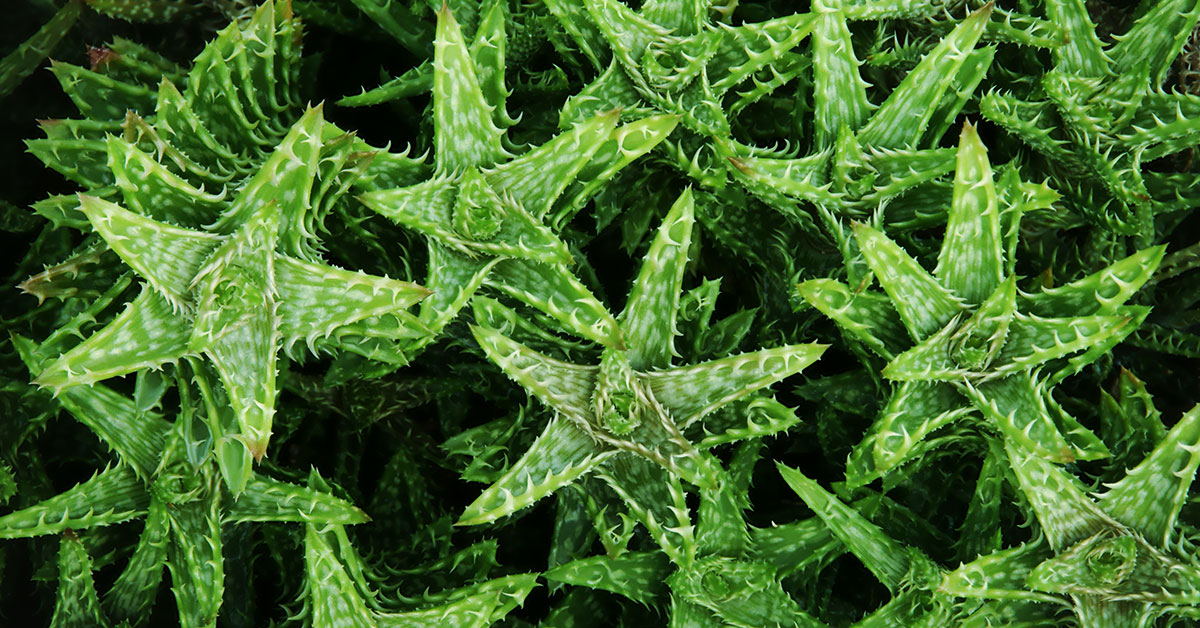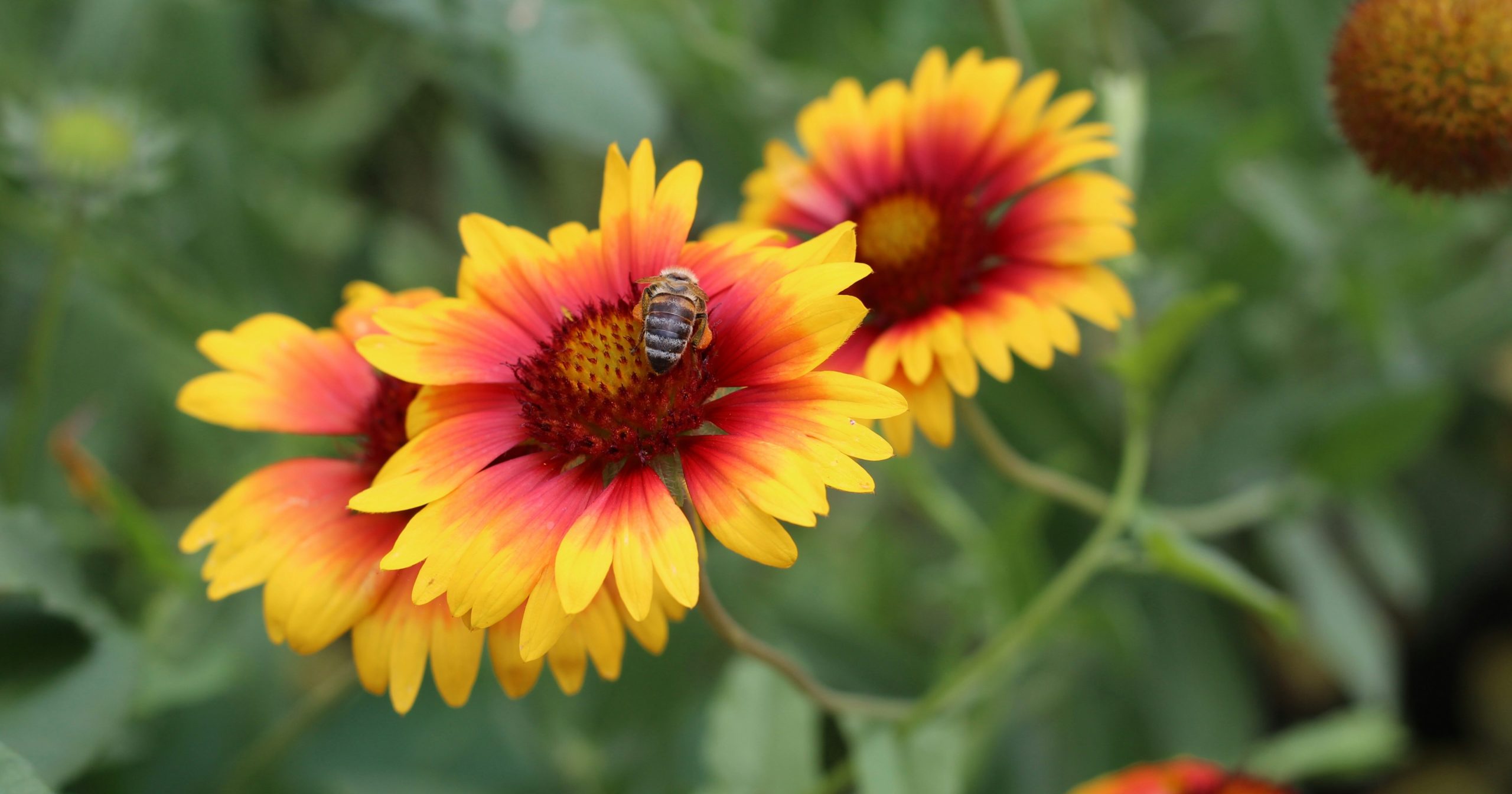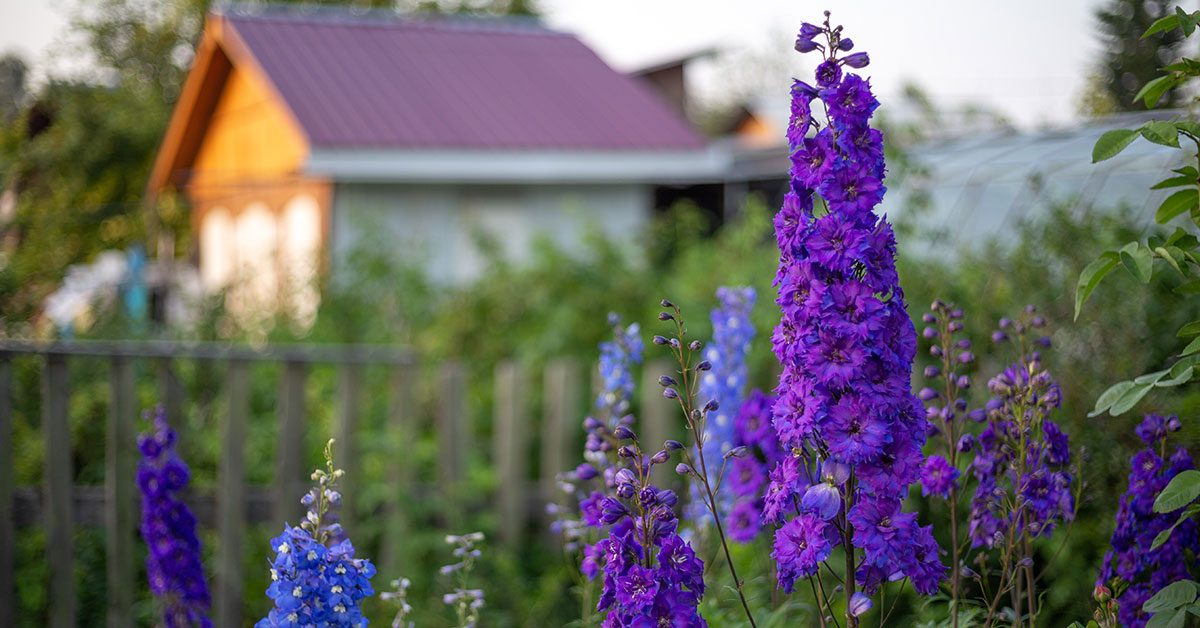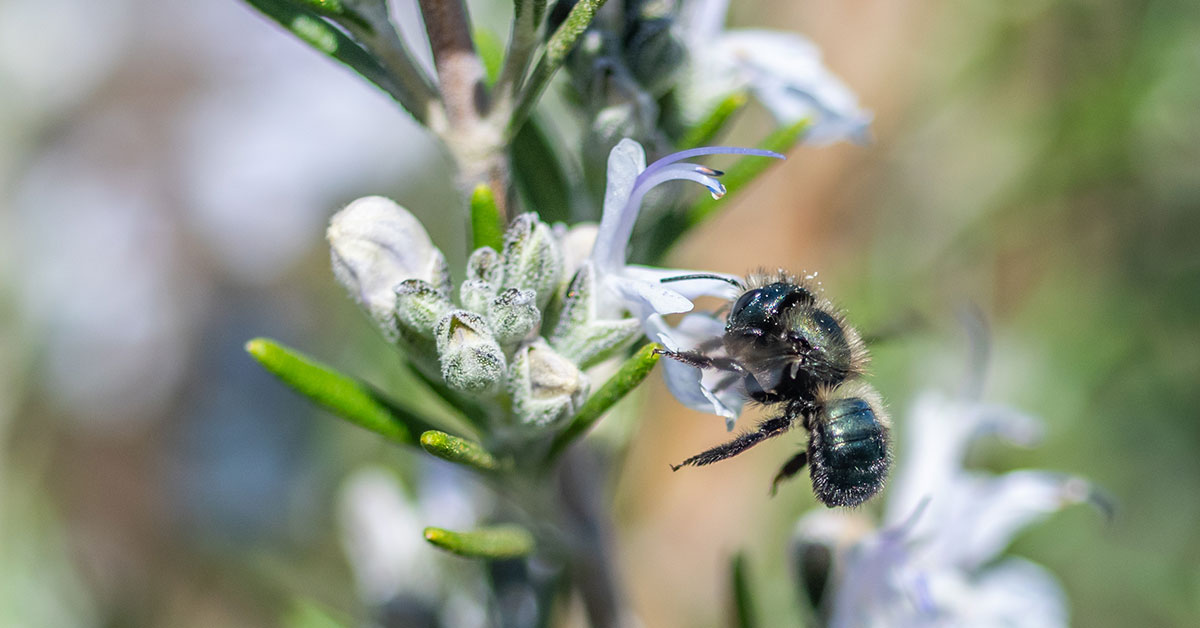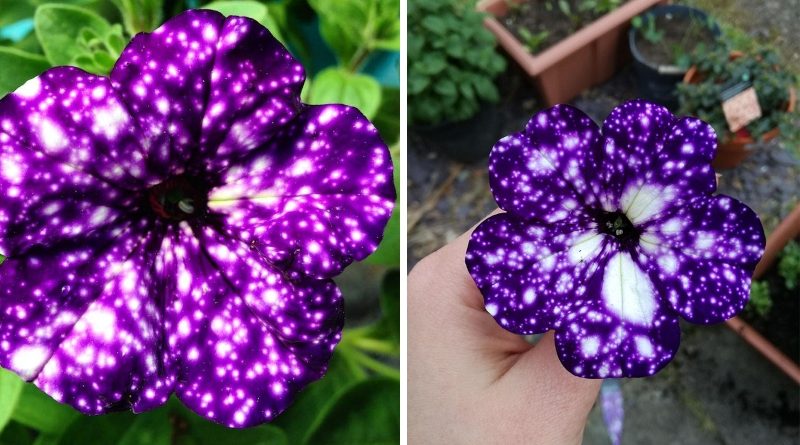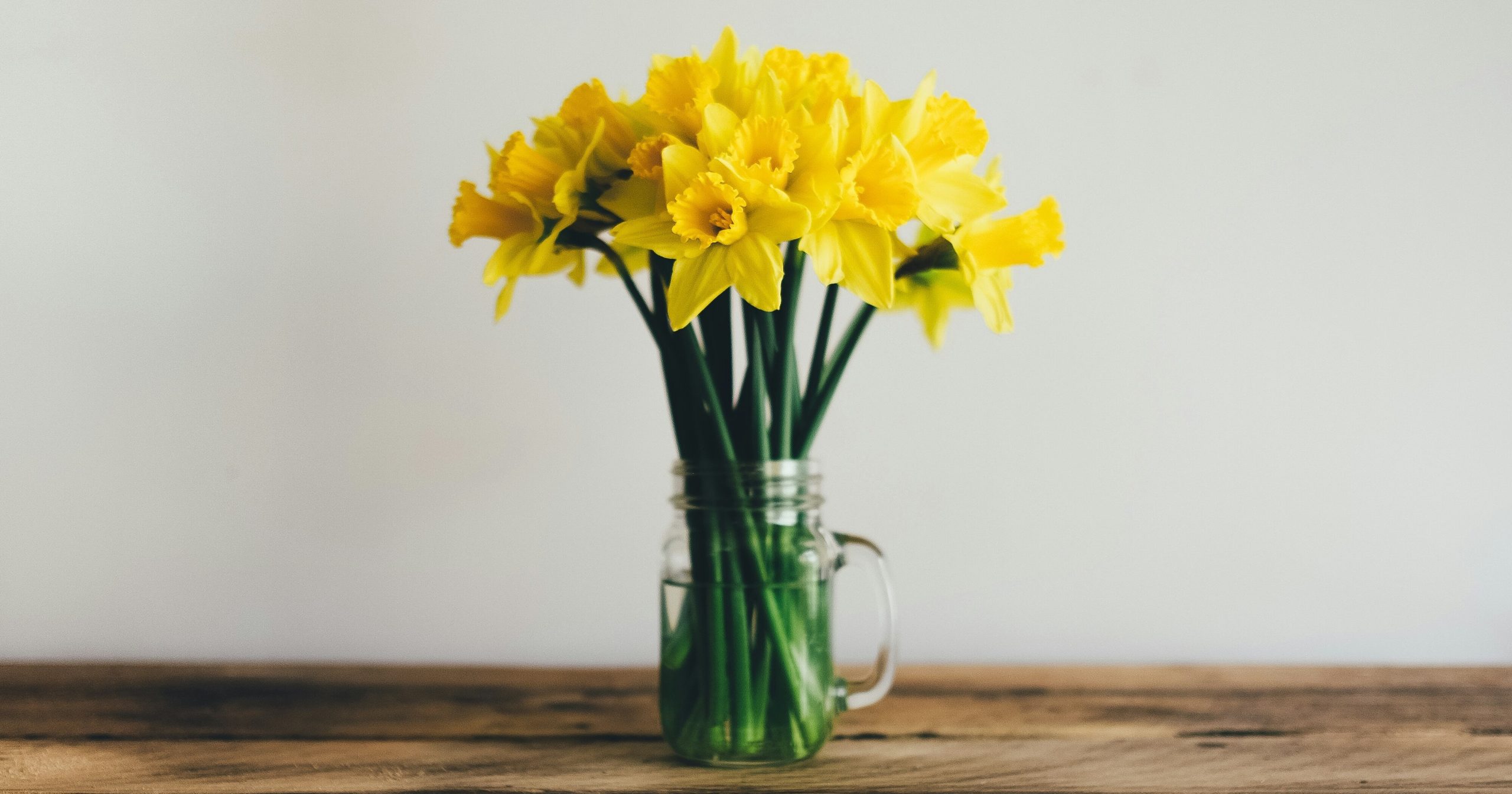Indoor gardening can be a delightful and therapeutic hobby, especially when you choose plants that help reduce anxiety. Certain plants not only beautify your home but also have properties that can promote relaxation and improve mental health. Whether it’s through their soothing scents, air-purifying abilities, or calming presence, these plants can make your indoor space a sanctuary of peace and tranquility.
In this article, I’ll introduce you to ten fantastic plants that are known for their anti-anxiety benefits. Each plant has unique characteristics that make it a great addition to your indoor garden. Let’s explore these wonderful green companions that can help create a serene and calming environment in your home!
Lavender
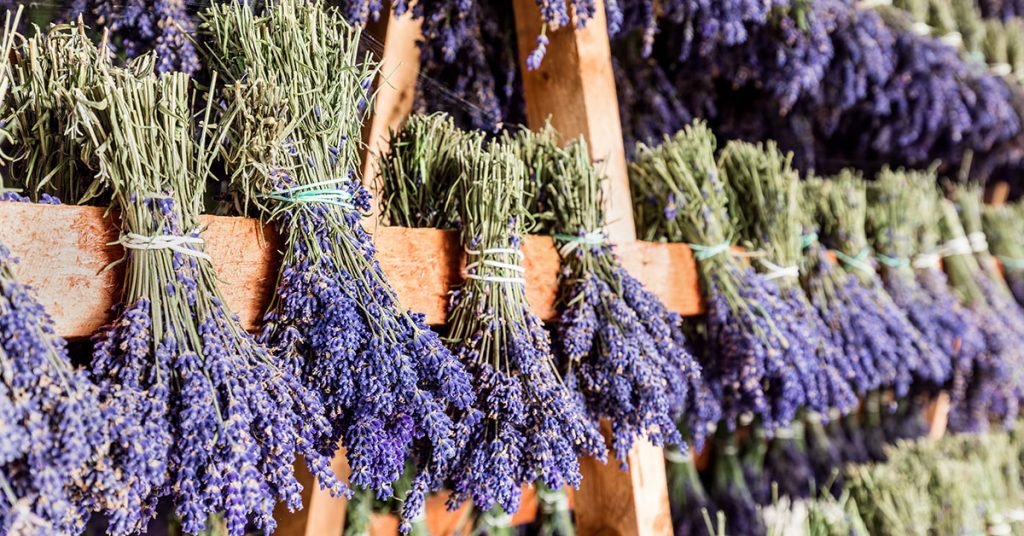
Lavender is well-known for its calming fragrance, which has been shown to reduce stress and anxiety. The essential oils in lavender are often used in aromatherapy to promote relaxation and improve sleep quality. Growing lavender indoors allows you to enjoy its soothing scent whenever you need a moment of calm. Place it in a sunny spot and water it sparingly to keep it thriving.
One of my favorite things about lavender is its versatility. You can use the dried flowers in sachets, potpourri, or even in your bath to create a relaxing atmosphere. The gentle aroma of lavender can help alleviate headaches and tension, making it a perfect plant for your bedroom or living area. Plus, it adds a touch of beauty with its lovely purple blooms!
Aloe Vera
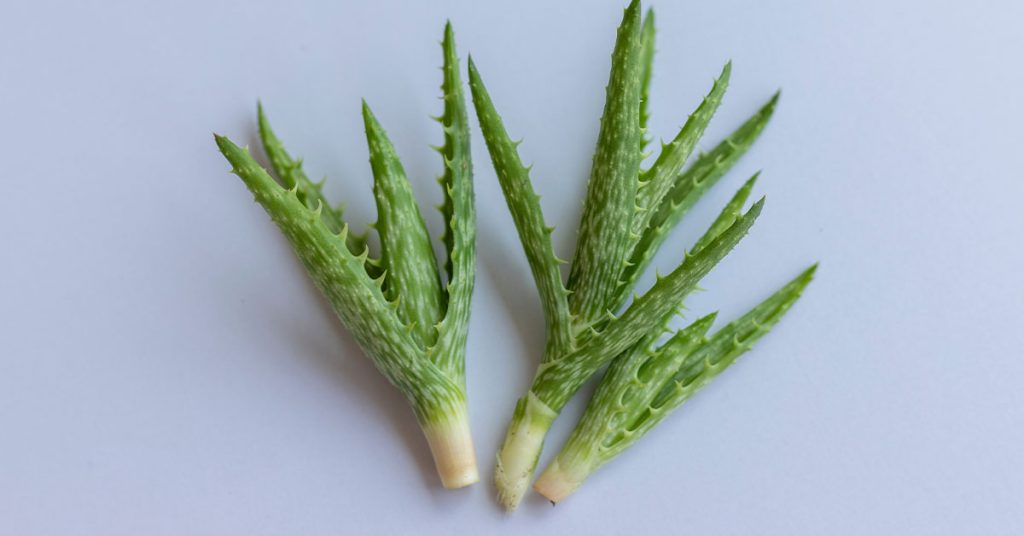
Aloe Vera is not only a great plant for skin health but also for reducing anxiety. Its gel has cooling properties that can soothe skin irritations and burns, which can indirectly help reduce stress by providing relief. Additionally, Aloe Vera is an excellent air purifier, removing toxins from the air and creating a healthier living environment, which can positively affect your mental well-being.
I love Aloe Vera for its low-maintenance needs and multi-purpose uses. Keep it in a bright spot, water it moderately, and it will thrive. Having a healthy plant that you can turn to for both skincare and mental relaxation adds a sense of security and comfort to your home. The presence of Aloe Vera can help create a calm and refreshing atmosphere in any room.
Snake Plant
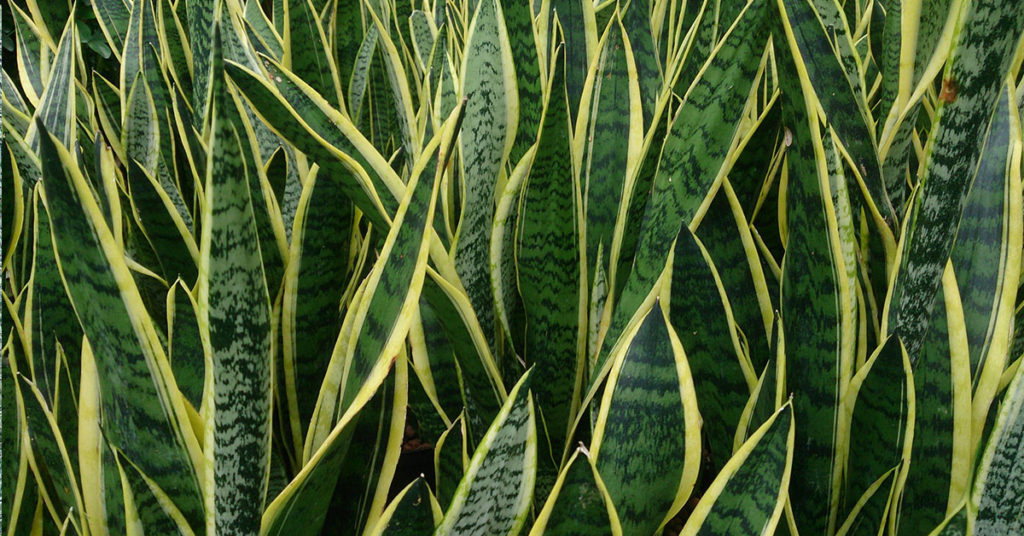
The Snake Plant, also known as Mother-in-Law’s Tongue, is a fantastic air purifier that can significantly improve indoor air quality. It absorbs toxins such as formaldehyde and benzene and releases oxygen at night, making it an excellent plant for the bedroom. Cleaner air can help reduce stress and improve overall mental health, contributing to a more relaxing environment.
One of the reasons I enjoy having a Snake Plant is its resilience. It thrives in low light and requires minimal watering, making it perfect for busy or novice gardeners. Its tall, upright leaves add a touch of modern elegance to any space. The improved air quality and the plant’s low-maintenance nature make it a wonderful addition to any indoor garden aimed at reducing anxiety.
Chamomile
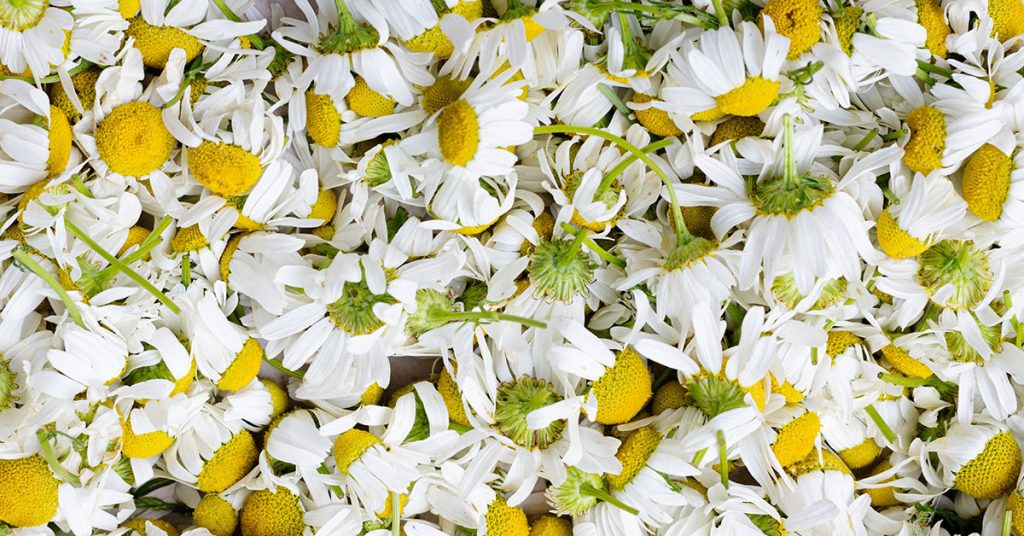
Chamomile is renowned for its calming properties, often used in teas to promote relaxation and improve sleep. Growing chamomile indoors allows you to enjoy its gentle fragrance and beautiful daisy-like flowers. The plant releases a sweet, apple-like scent that can help reduce anxiety and create a serene atmosphere in your home.
One of my favorite uses for chamomile is making fresh chamomile tea from the flowers. The process of brewing tea can be a calming ritual in itself, and the tea’s soothing effects can help ease stress and tension. Chamomile is relatively easy to grow in pots with good drainage and plenty of sunlight. Its presence in your indoor garden can bring both beauty and a sense of calm.
Peppermint
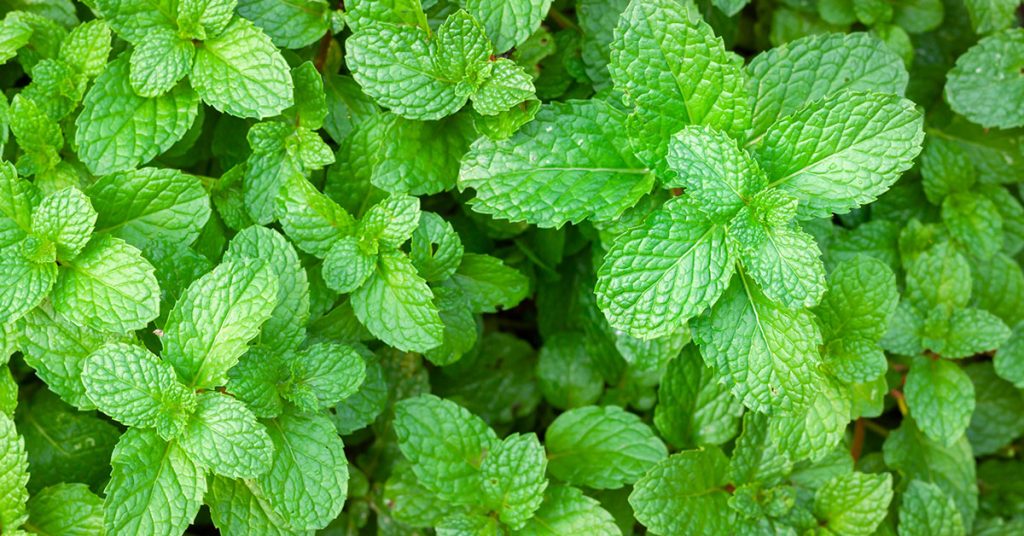
Peppermint is not only a delightful herb for culinary uses but also for its soothing properties. The refreshing scent of peppermint has been shown to reduce feelings of anxiety and fatigue. Its aromatic leaves can be used in teas, aromatherapy, or simply enjoyed as a refreshing scent in your home.
I love growing peppermint indoors because it’s easy to care for and spreads quickly. Keep it in a sunny spot and water it regularly. You can also crush the leaves to release their scent and create a calming atmosphere. Peppermint’s invigorating aroma can help clear your mind and reduce stress, making it a great addition to any indoor garden focused on promoting relaxation.
Jasmine

Jasmine is known for its sweet and intoxicating fragrance, which has been found to have a calming effect on the nervous system. The scent of jasmine can help reduce anxiety and improve mood, making it an excellent plant for creating a serene indoor environment. Jasmine flowers are also beautiful and can add an elegant touch to your home decor.
One of my favorite things about jasmine is its ability to bloom indoors with the right care. It prefers bright, indirect light and regular watering. The presence of jasmine in your home can create a peaceful atmosphere, perfect for unwinding after a long day. Whether you place it in your living room or bedroom, jasmine’s delightful fragrance can help melt away stress and promote relaxation.
Valerian
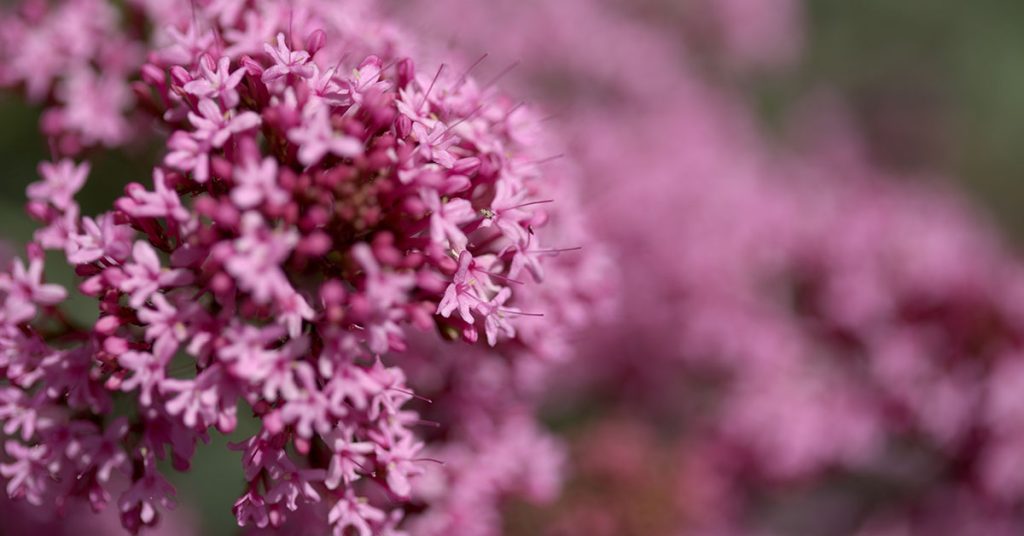
Valerian is a powerful herb known for its sedative properties, often used to promote sleep and reduce anxiety. The root of the valerian plant is commonly used in teas and supplements to aid relaxation and improve sleep quality. Growing valerian indoors allows you to have a fresh supply of this beneficial herb at your fingertips.
I enjoy having valerian in my indoor garden for its medicinal uses and its delicate, sweet-smelling flowers. Valerian prefers bright, indirect light and well-drained soil. Using the roots to make tea can be a soothing ritual that helps alleviate stress and anxiety. The calming effects of valerian make it an invaluable addition to an indoor garden designed to promote peace and relaxation.
English Ivy

English Ivy is an excellent plant for improving indoor air quality, which can indirectly reduce anxiety and stress. It’s effective at removing airborne mold and toxins, creating a healthier living environment. Cleaner air can contribute to better mental health, making English Ivy a valuable plant for your indoor garden.
One of the reasons I love English Ivy is its versatility. It can be grown in hanging baskets, as a trailing plant, or even trained to climb indoor trellises. English Ivy prefers bright, indirect light and regular watering. Its lush green foliage adds a touch of nature to your home, creating a calm and serene atmosphere. The improved air quality and aesthetic appeal of English Ivy make it a great choice for reducing anxiety.
Rosemary
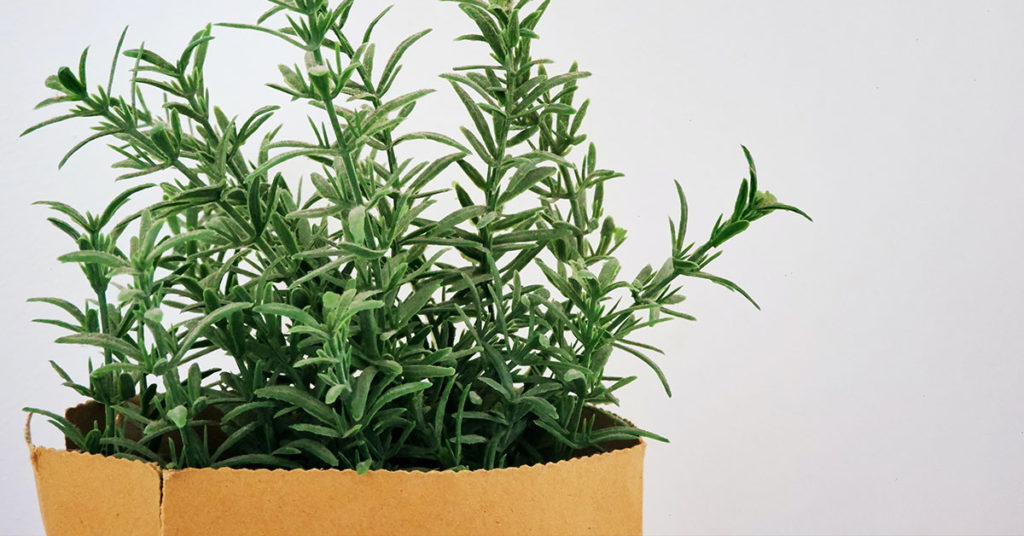
Rosemary is a fragrant herb known for its ability to boost mood and reduce stress. The scent of rosemary has been shown to improve cognitive function and reduce cortisol levels, the body’s primary stress hormone. Growing rosemary indoors allows you to enjoy its refreshing aroma and culinary benefits.
I love having rosemary in my indoor garden because of its multipurpose uses. It thrives in bright light and well-drained soil. The needle-like leaves can be used in cooking, adding a delightful flavor to your dishes. Additionally, simply rubbing the leaves between your fingers releases their calming scent. The presence of rosemary can create an uplifting and stress-free environment in your home.
Peace Lily
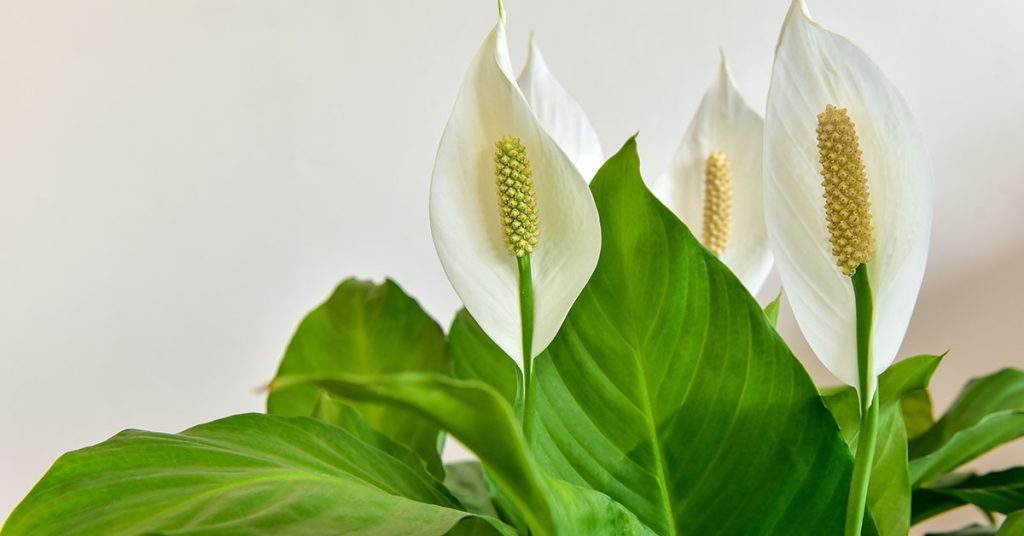
The Peace Lily is a popular indoor plant known for its beautiful white flowers and air-purifying properties. It’s effective at removing toxins such as benzene, formaldehyde, and ammonia from the air, which can contribute to a healthier and more relaxing living space. The Peace Lily also increases humidity, which can improve overall air quality and reduce stress.
One of my favorite things about the Peace Lily is its low-maintenance nature. It thrives in low to medium light and requires minimal watering. The plant’s elegant appearance and air-purifying abilities make it a perfect addition to any indoor garden. The improved air quality and serene presence of the Peace Lily can help create a calming and peaceful environment, reducing anxiety and promoting relaxation.
By incorporating these anti-anxiety plants into your indoor garden, you can create a peaceful and relaxing environment that supports your mental well-being. Each of these plants offers unique benefits, from improving air quality to providing soothing scents.
